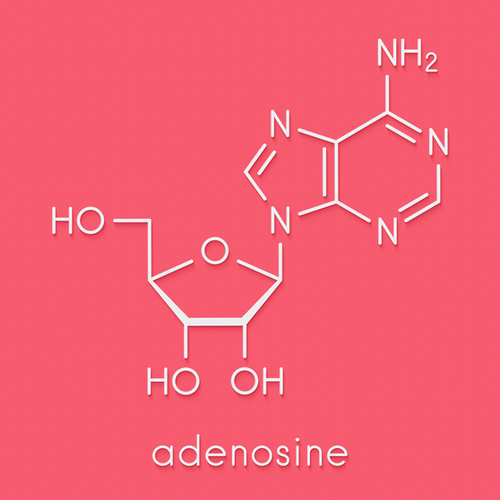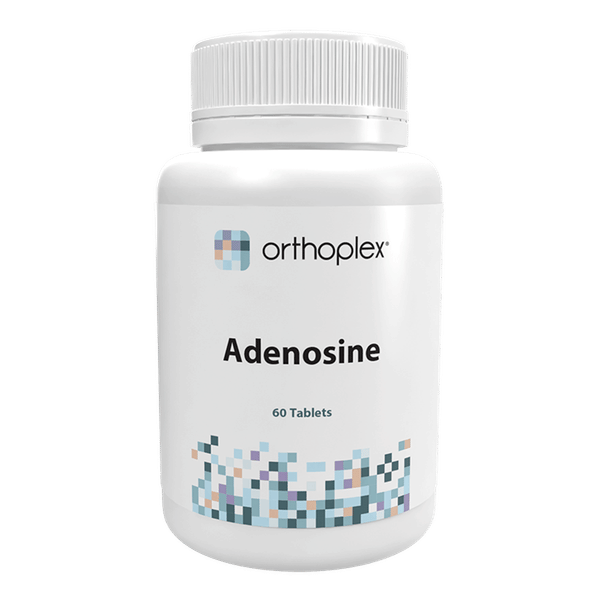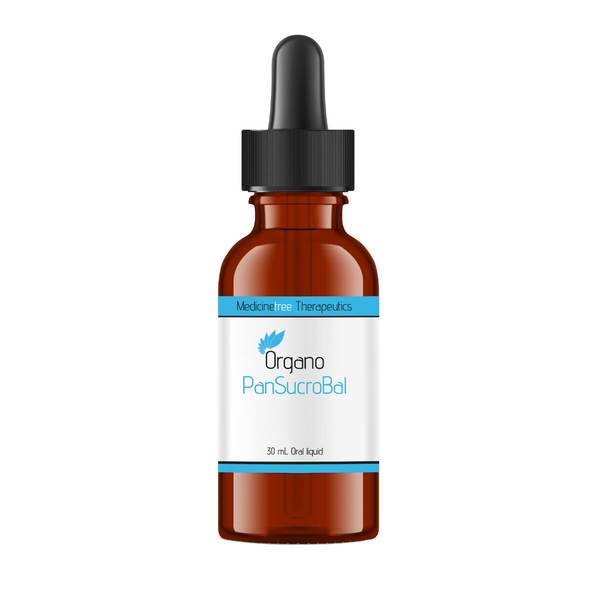
Adenosine
Scientific names: Adenosine, Adenosine Monophosphate (AMP), Adenosine-5-monophosphate (A5MP), Adenosine Diphosphate (ADP), Adenosine Triphosphate (ATP)
Alternative names: A5MP, Acide 5'-adénylique, Adenine Nucleoside, Adénine Nucléoside, Adenine Riboside, Adénine Riboside, Adenosina, Adénosine, Adénosine Diphosphate (ADP), Adénosine Monophosphate (AMP), Adenosine Phosphate, Adénosine Triphosphate (ATP), Adénosine-5-monophosphate (A5MP), Adenosine 5'-Triphosphate Disodium, ADP, AMP, ATP, Phosphate d'Adénosine
Actions: Cardiovascular effects, Metabolic effects, Pro-erectile activity
Background
Adenosine is a chemical found in human cells. There are three different forms: adenosine, adenosine monophosphate (AMP), and adenosine triphosphate (ATP).
Adenosine blocks electrical signals in the heart that cause irregular heart rhythms. ATP might also prevent changes in energy metabolism that cause weight loss in people with advanced cancer.
An injectable form of adenosine is a US FDA-approved prescription drug for a condition involving rapid heart rate (paroxysmal supraventricular tachycardia). It is also used as a prescription drug to help measure blockages in the arteries of the heart. People also use adenosine, AMP, and ATP as supplements for athletic performance, cold sores, and many other purposes, but there is no good evidence to support these uses.
Adenosine blocks electrical signals in the heart that cause irregular heart rhythms. ATP might also prevent changes in energy metabolism that cause weight loss in people with advanced cancer.
An injectable form of adenosine is a US FDA-approved prescription drug for a condition involving rapid heart rate (paroxysmal supraventricular tachycardia). It is also used as a prescription drug to help measure blockages in the arteries of the heart. People also use adenosine, AMP, and ATP as supplements for athletic performance, cold sores, and many other purposes, but there is no good evidence to support these uses.
Safety Safety definitions
When taken by mouth: There isn't enough reliable information to know if adenosine is safe or what the side effects might be.
Special Precautions & Warnings:
Pregnancy and breast-feeding: There isn't enough reliable information to know if adenosine is safe to use when pregnant or breast-feeding. Stay on the safe side and avoid use.Effectiveness
NatMed Pro rates effectiveness based on scientific evidence according to the following scale: Effective, Likely Effective, Possibly Effective, Possibly Ineffective, Likely Ineffective, Ineffective, and Insufficient Evidence to Rate.
Likely effective Effectiveness definitions
- A heart condition marked by episodes of rapid heart rate (paroxysmal supraventricular tachycardia). Adenosine is a prescription-only IV medicine approved to treat certain kinds of irregular heartbeat. This product can only be given by a healthcare provider.
- Diagnosing heart disease. Adenosine is a prescription-only IV medicine approved to diagnose coronary artery disease. This product can only be given by a healthcare provider.
Possibly effective Effectiveness definitions
- Involuntary weight loss in people who are very ill (cachexia or wasting syndrome). Giving ATP by IV seems to improve appetite, food intake, and quality of life in people with advanced non-small-cell lung cancer and other tumors. IV products can only be given by a healthcare provider.
Possibly ineffective Effectiveness definitions
- Heart attack. Giving adenosine by IV or injection directly into the heart vessels during procedures for a heart attack doesn't seem to reduce death or serious complications. IV products can only be given by a healthcare provider.
- Pain after surgery. Giving adenosine by IV after surgery doesn't seem to reduce pain or the use of pain medication. IV products can only be given by a healthcare provider.
- Nausea and vomiting after surgery. Giving adenosine by IV after surgery doesn't seem to reduce nausea or vomiting. IV products can only be given by a healthcare provider.
Dosing & administration
Adenosine is available as a prescription-only IV medicine approved for certain conditions. When used as a supplement, there isn't enough reliable information to know what an appropriate dose of adenosine might be. Keep in mind that natural products are not always necessarily safe and dosages can be important. Be sure to follow relevant directions on product labels and consult a healthcare professional before using.
Interactions with pharmaceuticals
Carbamazepine (Tegretol)
Interaction Rating=Moderate Be cautious with this combination.
Adenosine can slow down the heartbeat. Taking carbamazepine with adenosine might cause the heart to beat too slowly.
Dipyridamole (Persantine)
Interaction Rating=Major Do not take this combination.
Dipyridamole can slow down how quickly the body gets rid of adenosine. This increases the risk for serious side effects from adenosine. Do not take adenosine if you are taking dipyridamole.
Methylxanthines
Interaction Rating=Minor Be watchful with this combination.
Methylxanthines might block the effects of adenosine. Adenosine is often used by doctors to do a test on the heart. This test is called a cardiac stress test. Stop taking methylxanthines at least 24 hours before a cardiac stress test.
Interactions with herbs & supplements
Caffeine-containing herbs and supplements: Using caffeine can decrease the effects of adenosine. Stop taking caffeine-containing products at least 24 hours before a cardiac stress test. Examples of supplements that contain caffeine include black tea, coffee, green tea, guarana, and yerba mate.
Interactions with foods
Caffeine can decrease the effects of adenosine. Don't consume caffeine-containing foods or drinks for at least 24 hours before a cardiac stress test.
Products
View all productsPer serve:
- Adenosine triphosphate
- Saccharum officinalis
- Argentum nitricum
- Cyanocobalamin (Vitamin B12)
- Hepar sulphuricum
- Lycopodium clavatum (Clubmoss)
- Nicotinamide (Vitamin B3)
- Pyridoxine hydrochloride
- Porcine pancreas
Practitioner product
vital.ly has licensed monographs from TRC Healthcare.
This monograph was last reviewed on 31/07/2024 10:00:00 and last updated on 22/08/2020 00:32:29. Monographs are reviewed and/or updated multiple times per month and at least once per year.
Natural Medicines disclaims any responsibility related to medical consequences of using any medical product. Effort is made to ensure that the information contained in this monograph is accurate at the time it was published. Consumers and medical professionals who consult this monograph are cautioned that any medical or product related decision is the sole responsibility of the consumer and/or the health care professional. A legal License Agreement sets limitations on downloading, storing, or printing content from this Database. No reproduction of this monograph or any content from this Database is permitted without written permission from the publisher. It is unlawful to download, store, or distribute content from this site.




